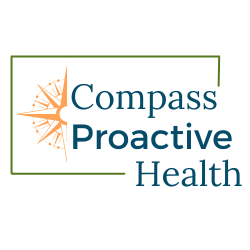Teaching Old Dogs New Tricks
We often think that as we age we can't learn things as easily as we did when we were young. But this is not the case. Research has determined that there are six principles of adult learning as prompts on how we may be able to mix and match these identified prompts to create success in our goals.
Use these to identify the type of learner that you are and utilize the constructs as a guide to approach your next project, goal or task.
Adults need to know why they need to learn something.
This is all about practicality. When you’re in school, most of the information you learn is meant for regurgitation metrics. As adults, new information taken in needs to be practical, usable, and presented in a way that is digestible.
How do we do this? Write down your current reality and a list of what you need to know to identify the gap. This will help narrow the focus of what you need to know.
The self concept of adults is heavily dependent upon autonomy and the self-directedness of learning.
This means that we are most able to learn when we need to hold ourselves accountable. We identify what we need to know, develop and plan to closed the gap in our knowledge, and then hold ourselves accountable to the level we desire.
Prior experiences of the learner provide a rich resource for learning.
We are adaptable creatures and are rich resources of knowledge and experience. We can apply those skills to compound our growth and learning capabilities by drawing on past experiences and knowledge.
Adults are most likely to act and retain on new information when they are in a stage of readiness to learn.
Simply put, if you are not in the mindset to learn and grow, bringing in new information will be challenging. A strategy to overcome this would be to link your visions, goals, or action plans to the knowledge to make it practical.
Adults typically become ready to learn when they need to cope with a life situation or perform a task.
This is where we get to apply all the pieces of information and education we’ve adopted so far. Where we rise to the challenge. If our attempts are unsuccessful, it is an opportunity for us to evaluate our knowledge and define the gaps again.
The motivation of adult learners is internal rather than external.
We have all done things for someone else, even though we didn't want to. Generally these are not our best growth experiences. We should strive to create and identify learning opportunities to provide increased personal satisfaction , well being, and happiness. Basically, do it for yourself.
